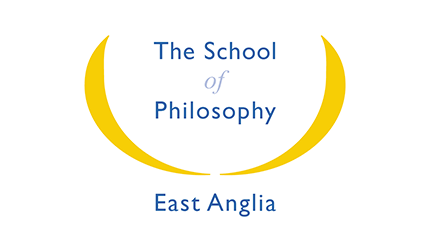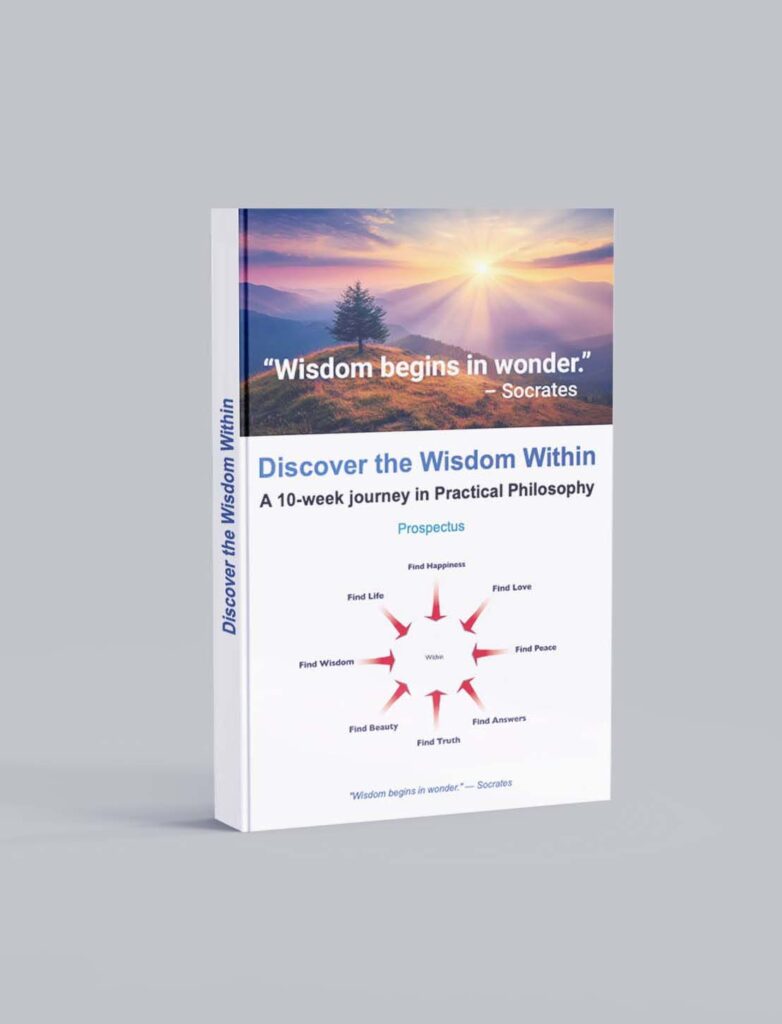Stillness & Meditation
Mindfulness and Mantra-based meditation.
Mantra Meditation
This authentic mantra-based meditation originates in a centuries-old tradition.
- Simple technique
- Two short periods a day
- Support & assistance
Regular Practice
The technique is very simple. It is given in a simple traditional ceremony and is practised for two short periods a day.
The time taken for the practice to become established varies with each individual and much depends on the regularity of the practice. As with learning a musical instrument, deepening and refining the practice is an on-going process.
Introduction to Meditation
The meditation is given in a short, traditional ceremony designed to bring the mind and heart to rest. The ceremony is non-religious and is there to ensure the precise passage of the mantra from generation to generation and to support the significance of the event.
You will be asked to bring four things to the ceremony, each one symbolic: some flowers, some pieces of fruit, a piece of white cloth and a donation of money. The donation is not a fixed amount but depends upon individual capacity. It symbolises the surrender of material things and is an expression of the value in which the meditation is held. All donations are used by the School of Meditation to make meditation available to others.
School of Meditation
The method of mantra meditation is given through the School of Meditation, with whom the Practical Philosophy School has a long-standing relationship. In East Anglia, students are introduced to meditation locally. It is offered at 3 points in the year. If you are interested in meditating and would like to know more, do get in touch by email: SoPEastAnglia@outlook.com
Life-time Support
Once you’ve started to meditate the Practical Philosophy School will support you in the practice by offering one-to-one tutorials with an experienced meditator. This support will be available for as long as you wish, and is completely free of charge. Tutorials take place in person or online as the student wishes.
Find Out More
Each term we hold meetings, so that anyone who is interested in starting to meditate can ask questions and find out more.
Stillness & Mindfulness
- Simple technique
- Practiced at anytime or place
- Support & assistance
Mindfulness
Mindfulness in various forms has been an intrinsic part of our courses in Practical Philosophy since they first started in the 1950s. From the first evening of the introductory course, we aim to support a more mindful way of living.
Two simple practices
With the help of two simple practices, the Awareness Exercise and the Pause, our students gradually become more connected with the senses and the present moment, better able to turn the attention out to whatever or whoever is in front of them and a little less subject to mental agitation and circling thoughts.
How do mindful practices and Philosophy support one another?
The answer to this lies in the difference between philosophy as normally taught in universities and practical philosophy. Rather than seeing philosophy as primarily an exercise in thinking that develops logical and intellectual reasoning, we prefer the approach taken by the ancient Greeks and Eastern philosophers, for whom philosophy was and is a very practical concern.
Practical philosophy employs observation, experimentation and practice and develops faculties such as attentive awareness, concentration and self-discipline.
As these develop, and in particular as the mind attains a deeper level of stillness, so one is better able to penetrate the big questions of life, such as “what am I?” and “what is my relationship with the universe?”
Living and Working Mindfully
We understand how difficult it can be at first to practise mindful living at home or at work. It requires some perseverance and practice and also some specific guidance. But, as with any new skill, the more we practise, the easier it becomes.
Our experience over many years has shown the real value of practice sessions, in which we work together in a small group, under the guidance of an experienced student or tutor, and practise working mindfully and with full attention.
Opportunities for such practice (we call them ‘Working Mindfully’ practice sessions) are an integral feature of our courses after the introductory course.
Registered Charity
The School of Meditation is a registered charity funded by donations, and its purpose is to make meditation readily available to anyone who wants it.
What some of our students say...
Local Course
Local face-to-face evening courses available at a choice of locations.
Peace of Mind
Following all Health & Safety guidelines for your complete peace of mind.
Practical Wisdom
Courses in practical wisdom for everyday living. Meet with like minded individuals.








